Susan Piver on the Benefits of Meditation
By Susan Piver //
A comprehensive list of all the benefits of meditation would be very long indeed. My friend and fellow meditation teacher Jonathan Foust has said that if it were a medication, meditation would be heralded as the miracle drug of the century! Some of the benefits that have been demonstrated recently through modern scientific inquiry include the following:
- It relieves stress (by lowering the stress hormone, cortisol).
- It improves focus and memory (by raising the level of gamma waves).
- It prevents relapse into depression by 50 percent (according to studies by Jon Kabat-Zinn, MD, and Zindel Segal, PhD).
- It boosts immunity (in one study, meditators demonstrated higher levels of antibodies than nonmeditators in reaction to a vaccination).
- It actually makes you demonstrably happier (by reducing activation in the amygdala and increasing it in the prefrontal cortex).
The health benefits don’t stop there. In addition, it has been demonstrated that meditation can help with the following:
- lowering blood pressure
- decreasing symptoms in illnesses with a stress-related component (ulcers, for example)
- decreasing serum cholesterol levels
- reducing muscular tension
- reducing oxygen and energy consumption
- improving sleep
In short, it has been scientifically proven that meditation is awesome.
Other sorts of benefits have been recounted in reports from countless meditators over thousands of years. To this amazing list, add that for millennia, saints, yogis, and gurus have been urging meditation as a way to become more peaceful, kind, and wise. It is offered as the foundation for a life of sanity and joy. It is counseled as a way to increase loving kindness and compassion for all. It is even taught as a path to enlightenment and lasting bliss.
From relieving stress to complete liberation from suffering: this is one amazing technique.
To this, I will add the benefits that I have discovered for myself and from my students. Whether they are from Manhattan or Mumbai, Manila or Madrid, I have heard the following recounted time and again.
Meditation gives you the courage to be who you are.
Somehow, the act of sitting down with yourself with the willingness to simply be with yourself as you are, whether you show up in your most brilliant or puniest form, relaxes the inner critic or whatever stands behind our oppressive self-criticism and incessant efforts to improve ourselves. Meditation says, “I don’t care if you are the most excellent person of all time or the most absurd—I love you. Right now.” This is the love that most of us have never received. Surprisingly, it doesn’t look like affection or approval. It looks like companionship. If you’ve ever wished for a friend who would love you as you are, appreciate your genius, and make space for your foibles, welcome you when you’re funny and shiny and when you’re a complete mess—well, I can introduce you to this person. Rather, your meditation practice can. He or she has been there the whole time. You are the one you’ve been waiting for, as they say.
As you surf your inner environment and just hang out with yourself, you practice self-acceptance. It has nothing to do with finally becoming the person you have always wanted to be (whoever that is), but instead it is about constantly affirming your allegiance to . . . yourself. From this, courage naturally arises. You see that your thoughts are always trying to seduce you in one way or another—to get mad about something, crave something, avoid something; to become busier, less busy, nicer, sterner, taller, shorter, and so on. In an untrained state, we always go along for the ride. But when you train your mind through the practice of meditation, you see that no matter how many thoughts arise that tell you to become furious or desirous or sleepy or frenzied, they all, eventually, pass. Always.
With each moment that you wait, you soften—first toward yourself and then toward others, which leads to the second benefit that I always hear about.
Meditation makes you like your fellow humans more.
The practice of meditation has one particularly unexpected side effect. I did not anticipate this one and, as far as I can tell from my fellow practitioners and meditation students, they did not either.
As it chips away at your concepts, stories, and judgments, meditation opens your heart.
Why are these two things related? How is it that sitting on the ground “doing nothing” softens your heart?
Because when you give up your story about yourself and about life, you are left with things as they are.
When you don’t take refuge in stories, you forgo the protection of conventional wisdom, unexamined projections, and biases of all kinds. You are basically raw and there is nowhere to hide.
When you’re open, unguarded, and inquisitive, you feel everything. You see that not only are you incredibly vulnerable, so is everyone else. In becoming gentler toward yourself, you become gentler toward others. All of this seems to happen without your willing it to.
When it does, your fellow humans cease to be devices in your plans for happiness and instead become actual individuals with joys and sorrows, both of which you can feel. You see that everyone, everyone, is as unprotected as you are and is pretending that they are not. So your heart goes out to them, even the ones you think are jerks. You can no longer treat anyone as less than yourself. Rather than “us and them,” you see that the world is just us.
Meditation helps you see the magic of this world.
When you have a sense of gentleness toward yourself and others, something quite extraordinary happens. You relax. Whether things go well or poorly on any particular day you can deal with it because you know how to remain soft and open. This soft openness is the same thing as waking up to the present moment. You are right here, open to your life and this world.
In the present moment, the natural wisdom, beauty, and peace of your own mind and this world are always apparent. Profound wisdom in the form of awareness cuts through your concepts again and again. The simple act of meditation, of placing awareness on breath and, when it strays, bringing it back, is exactly, precisely, utterly this act of wisdom.
If you’ve meditated before, you have seen this. You know that at some point during meditation your mind wanders and then, somehow, something in there says, “Hey, you’re thinking—you’re supposed to be paying attention to your breath.” You’re wandering around in a sea of hope, fear, boredom, excitement, and so on, when, out of nowhere, awareness cuts in to remind you of what you are supposed to be doing.
Where does that come from?
Well, unfortunately I do not know, but I do know that it is the same place that creative inspiration comes from, and insight, and love. As your practice progresses, these are your reward. So don’t be afraid of the softness, openness, and groundlessness that can accompany the giving up of concepts. This groundlessness can feel quite odd at first. But in the words of the Tibetan meditation master Chögyam Trungpa, “The bad news is you’re falling through the air, nothing to hang on to, no parachute. The good news is there’s no ground.”
Personally, I could tell you that meditation has made me happier and better able to deal with stress. I could tell you that it has made me more patient and kind. I could tell you that since becoming a meditator, I have learned a kind of fearlessness that has enabled me to step out from the shadows and proclaim who I really am. I could even tell you that it has been an insanely powerful creative force in my life. But so what? These things may or may not be the results you find. All I can offer you is the question my meditation instructor asked me when I told him I was ready to commit to this path: “Are you ready for your whole life to change?”
May it bring you great benefit!
From Start Here Now by Susan Piver, © 2015 by Susan Piver. Reprinted by arrangement with Shambhala Publications, Inc. Boulder, CO. www.shambhala.com
About the Author


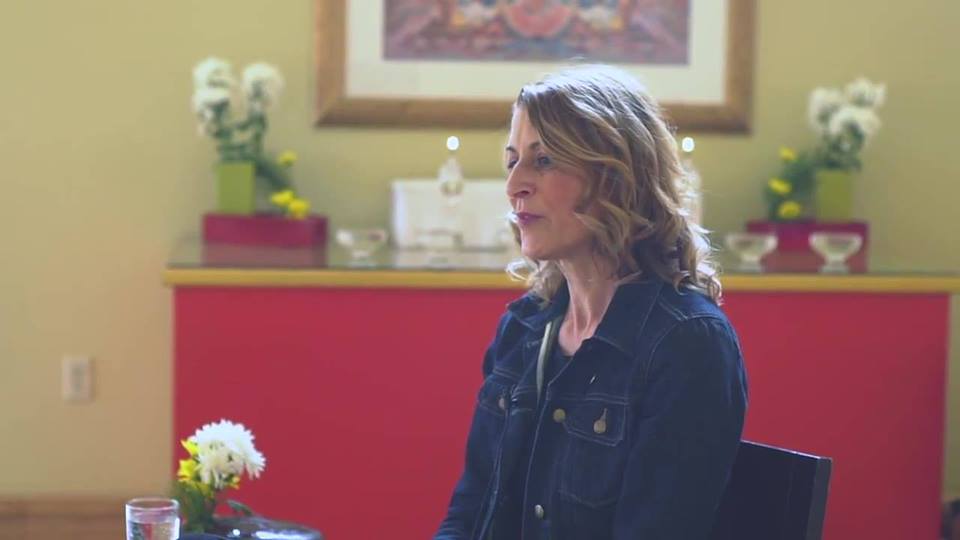
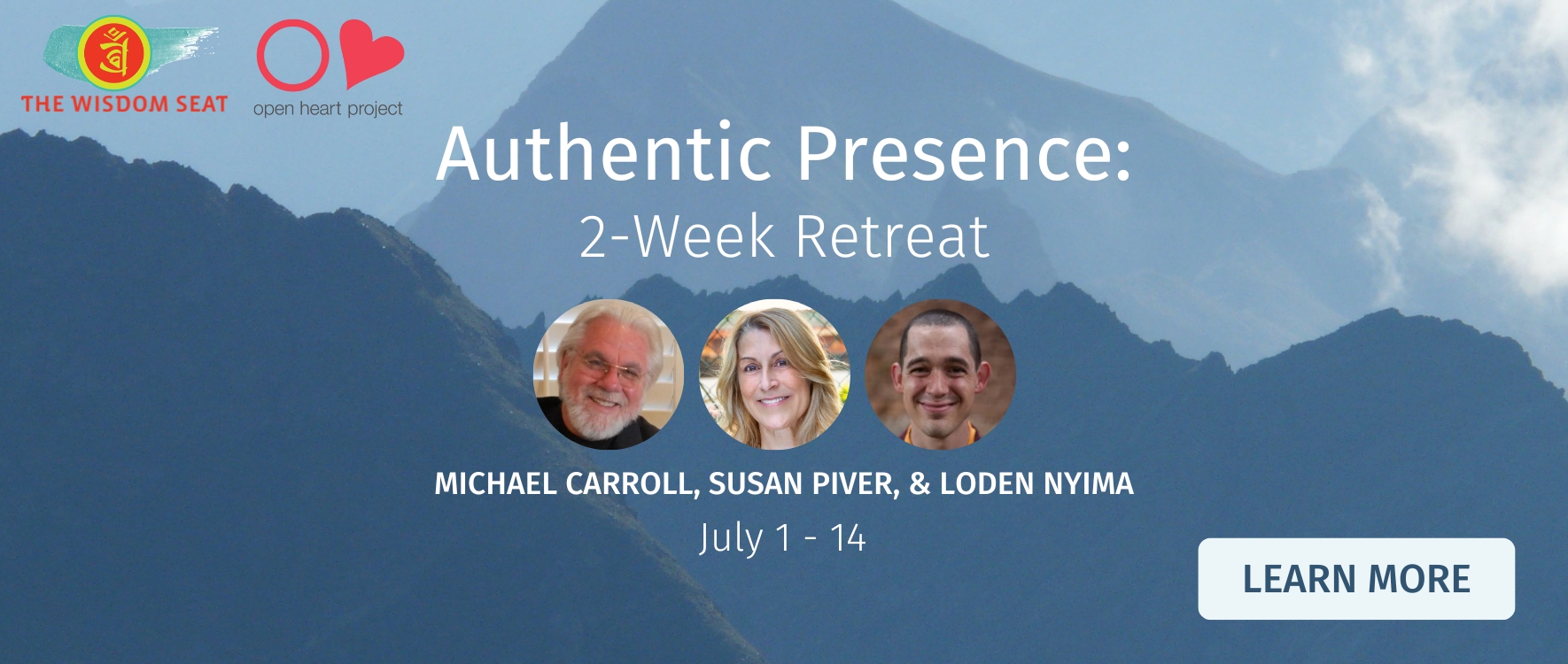

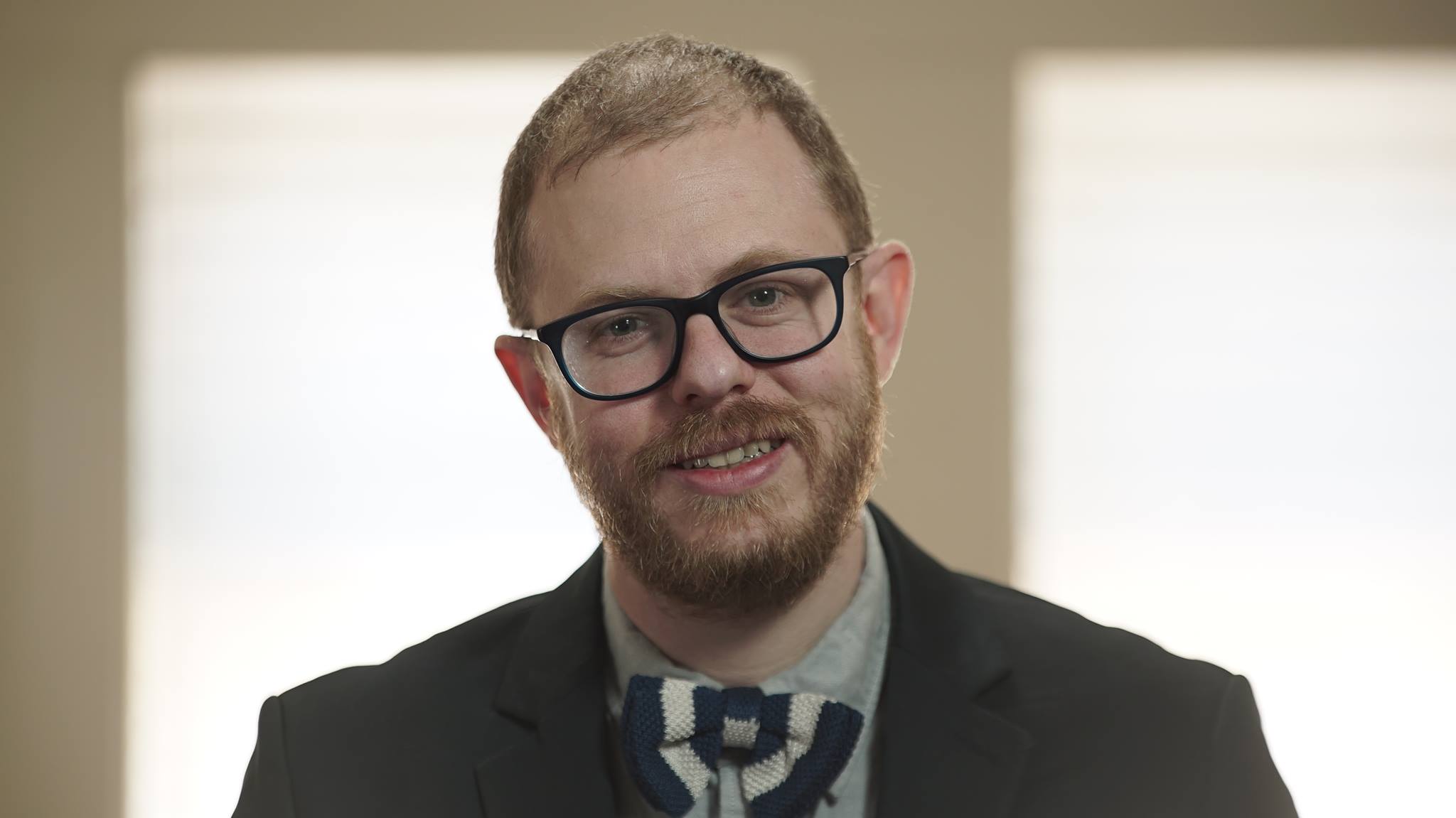

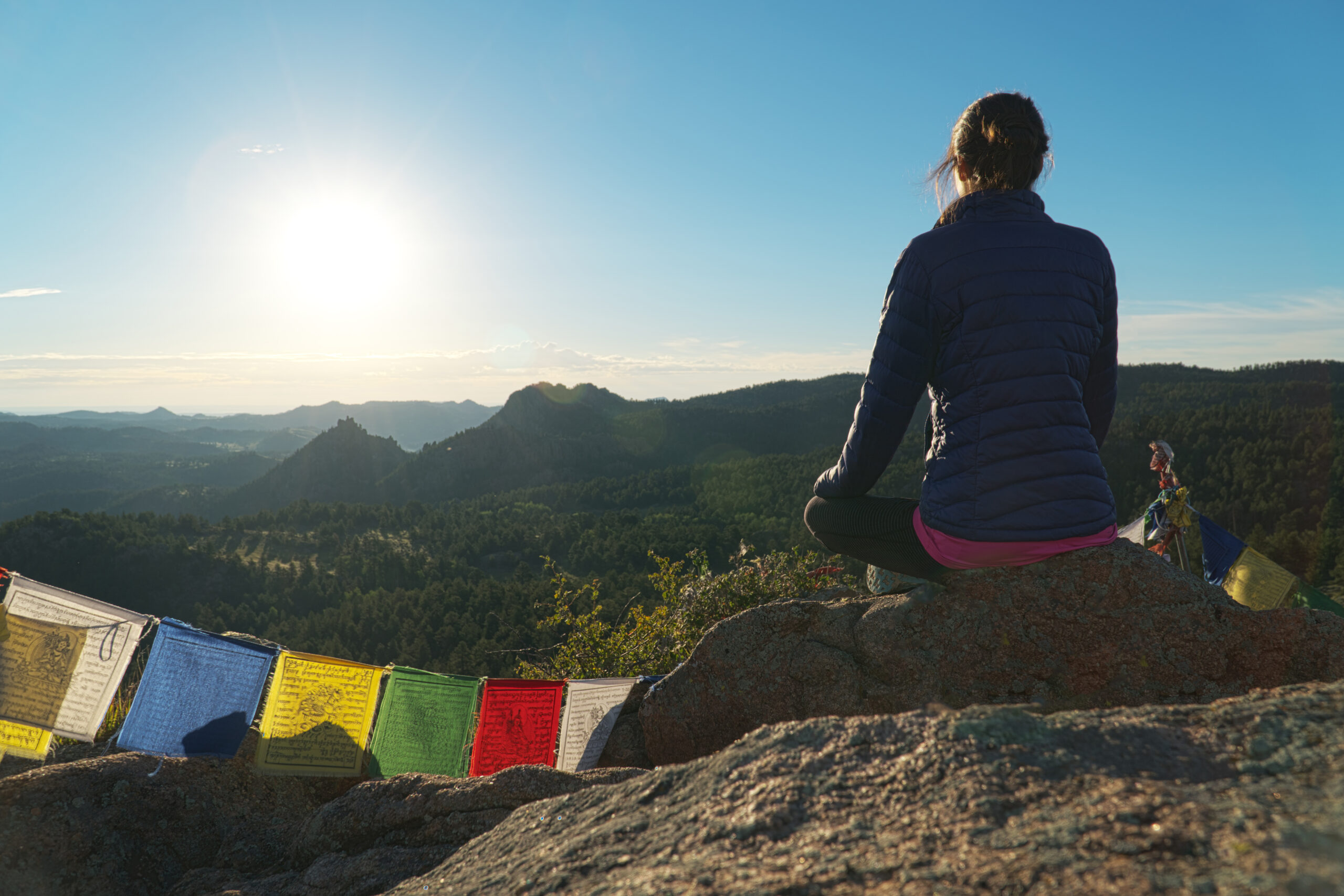

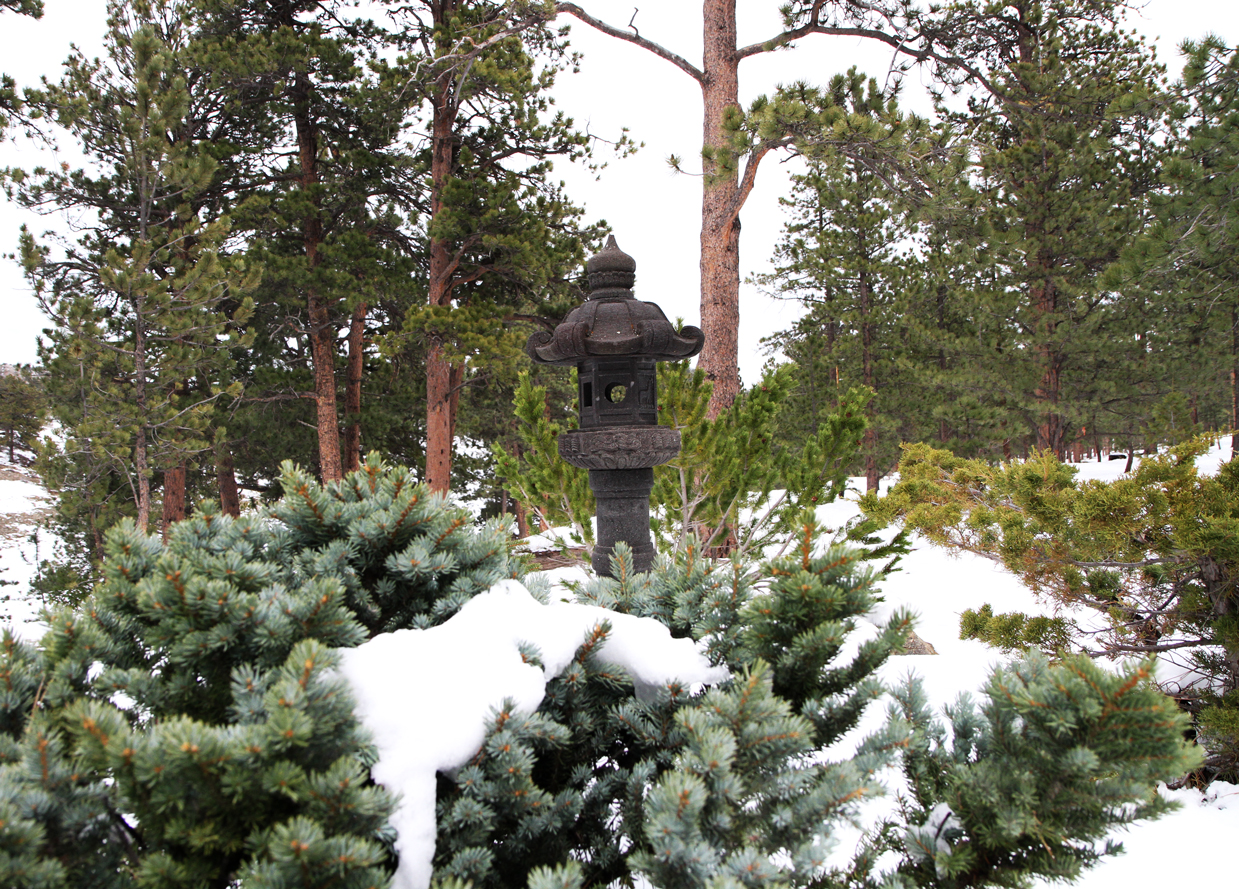
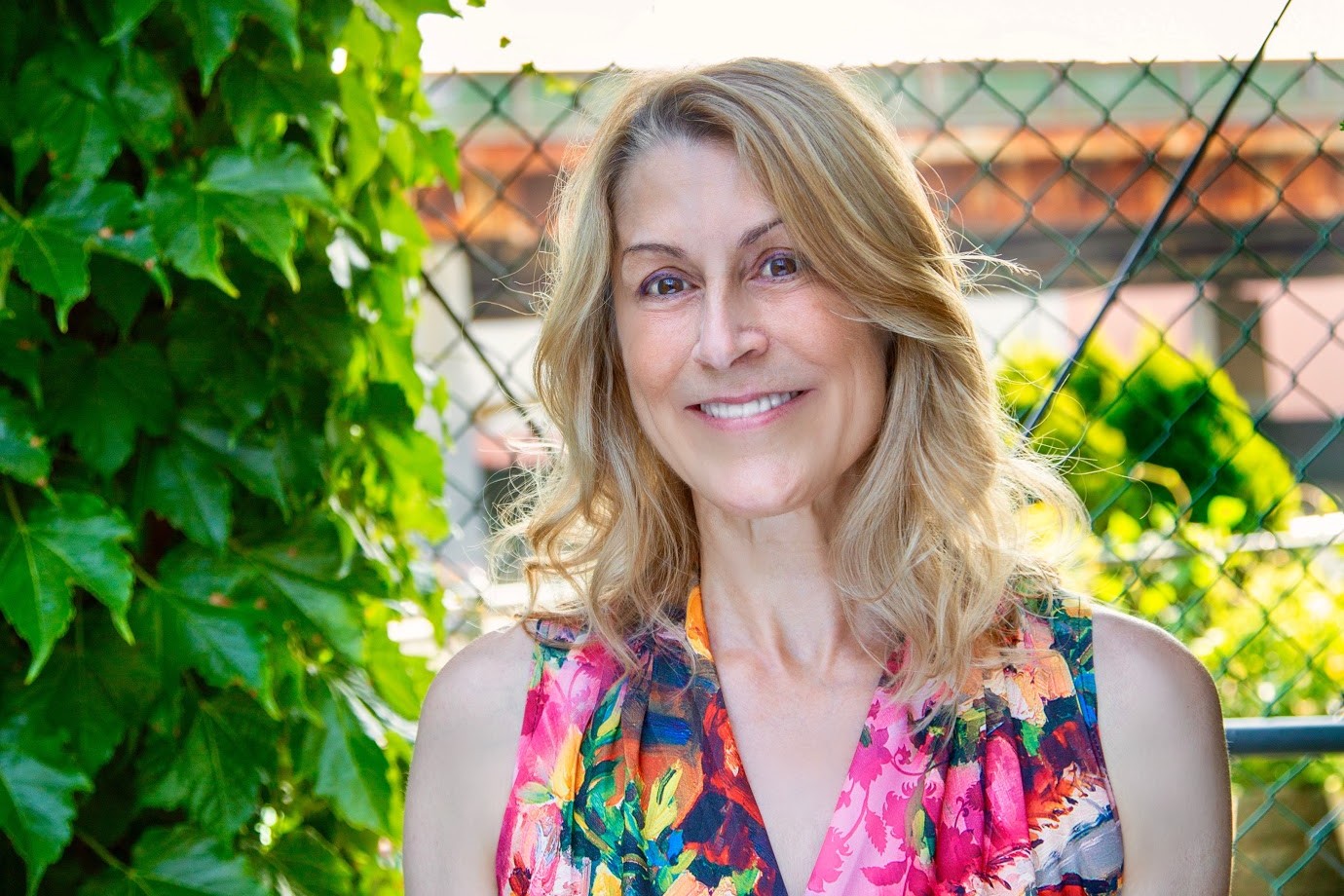

Leave a Reply
Want to join the discussion?Feel free to contribute!